Get Comfortable With Diverse Dietary Needs: An inclusive outlook on food and beverage diversity for the new year.
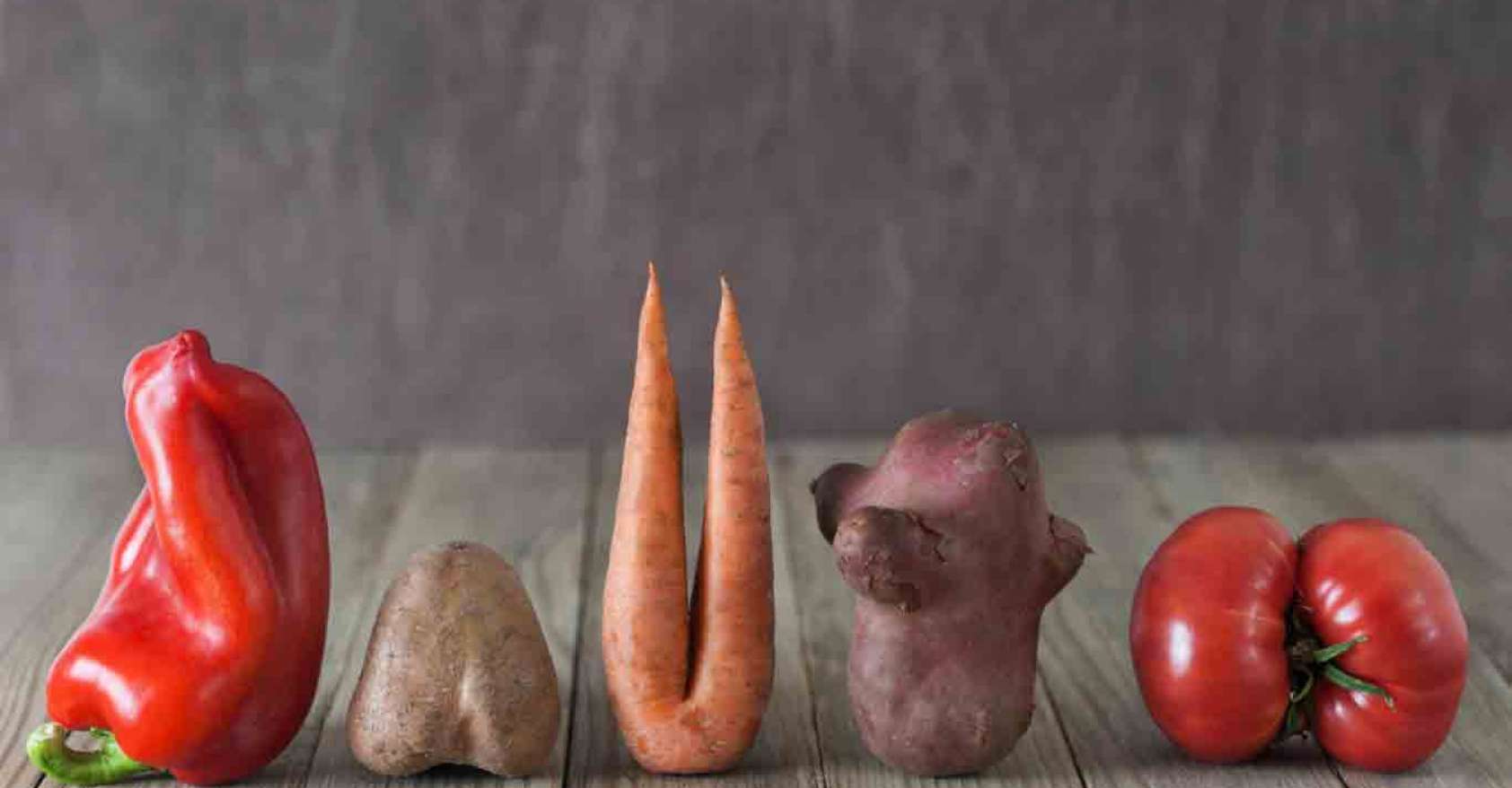

Get Comfortable With Diverse Dietary Needs: An inclusive outlook on food and beverage diversity for the new year.

Jennifer Johnson shares how to plans event menus for guests dietary needs, including her own Autoimmune Disease and gluten intolerance.

Margaret Clegg, MI Gluten Free Gal, shares her experience of living with celiac disease for two decades and what food safety means to her.

By focusing on what can be control when preparing meeting menus for those with food allergies and other dietary needs meeting professionals, caterers and event hosts can provide a plethora of opportunities and create much better experiences.
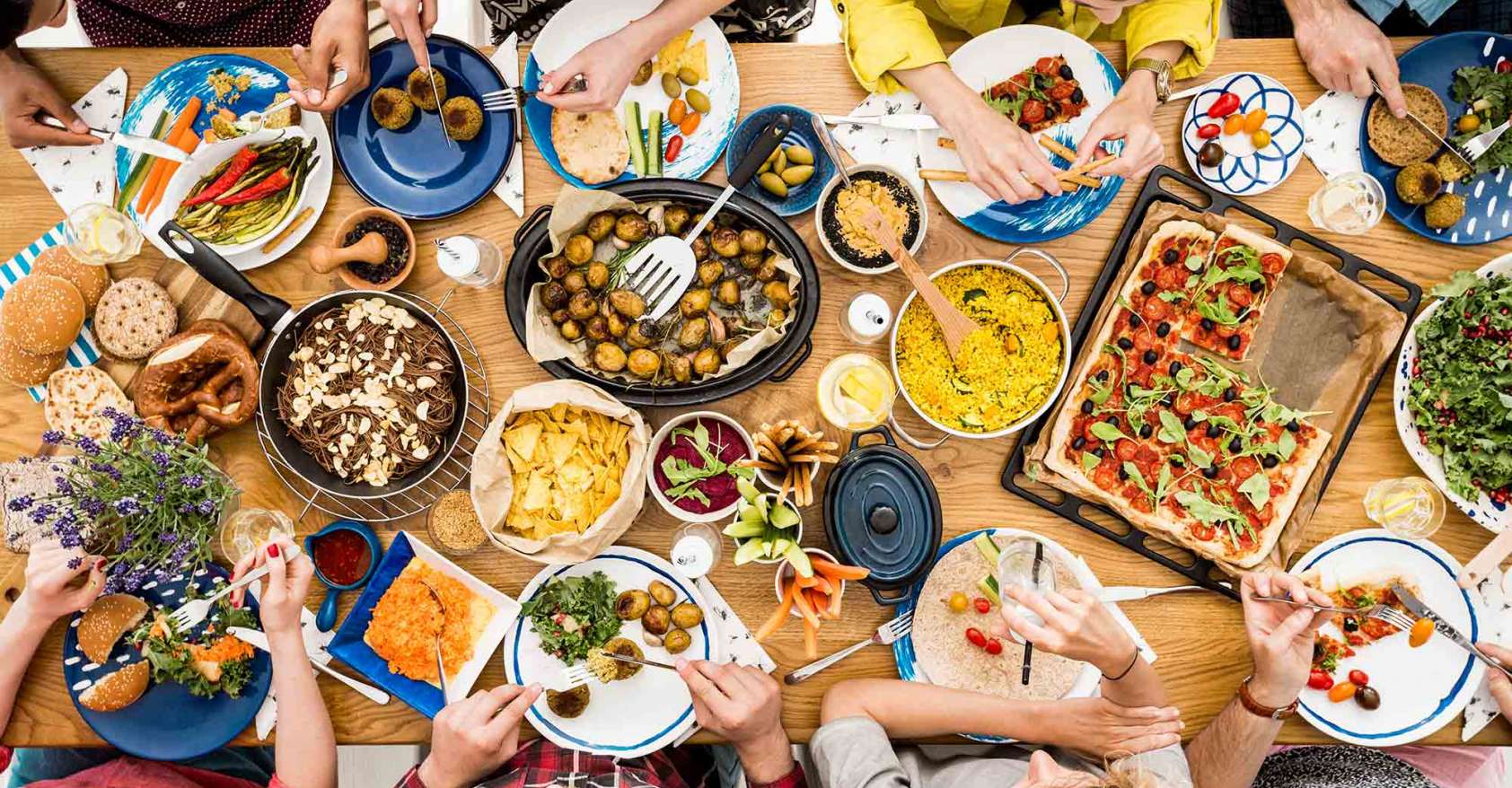
A hotel chef spills the beans on how meeting and event planners can accommodate the ever-increasing requests for vegetarian/vegan options.
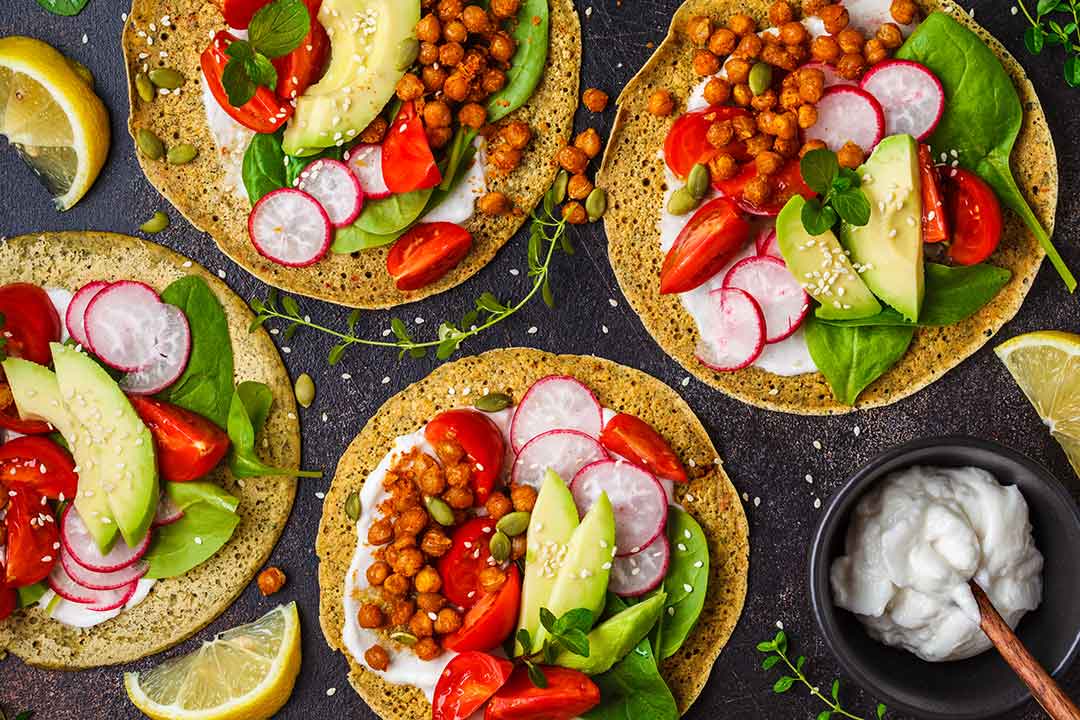
Before you can meet the dietary needs of those who prefer or require plant-based diets, you need to know all the different forms those who consider themselves to be “vegetarians” can take. “Do you have a vegetarian option?” These words once struck fear into the hearts of unprepared banquet servers and venue kitchen staff, who at best would scramble to whip up some brown rice and steamed broccoli in hopes that would satisfy the vegetarian conference-goer’s needs. With almost of fifth of the U.S. population either identifying as vegetarian or interested in going veggie at least part time (7.3 percent…

Food Allergies Psychologically Impact Social Experiences We all have an inherent human emotional need to associate with and be welcomed by others within groups. Whether it’s the kickball team, family, the neighborhood book club or the office, the need to belong is at the heart of each of us feeling accepted, getting attention and gaining/providing support. As we go through life, we are motivated to fulfill these social needs along with our basic needs of food, housing and love. It drives our need to feel good about ourselves. “The need to belong is an intrinsic motivation to affiliate with others…
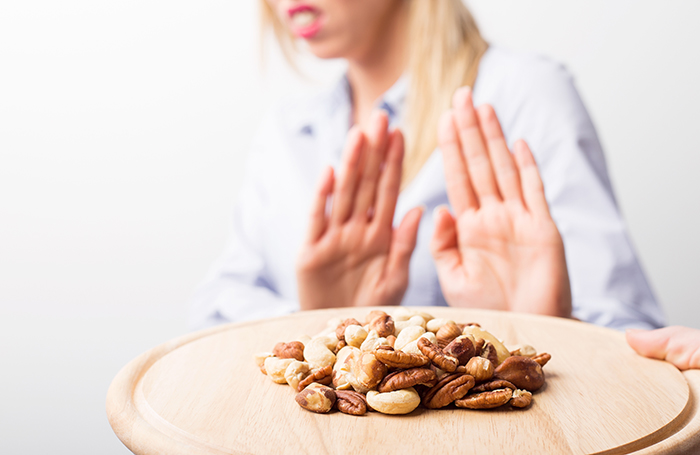
Keep an Employee’s Invisible Disability in Mind at Company Events The definition of an invisible disability in simple terms is a physical, mental or neurological condition that limits a person’s movements, senses, or activities that not visible to the eye. And, because the symptoms of the disability are invisible, it makes the disability misunderstood and ignored. Examples of an invisible disability include, but are not limited to peanut allergy, celiac disease and diabetes. In 2008, the Americans With Disabilities Act was amended to to add additional terminology to major life activities as defined in the original law enacted in 1990.…
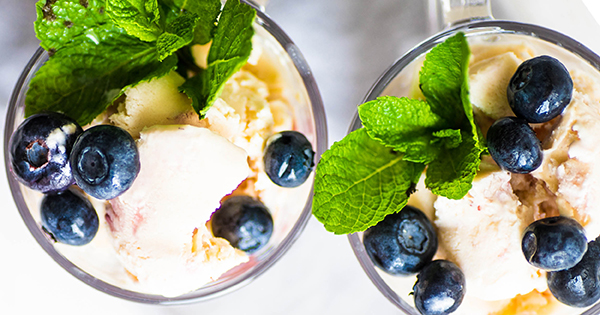
How to Make it Easier for Those with Dietary Needs to Eat Safely & Feel Included As we (i.e., me and my U.S.-based readers) celebrated 242 years our country’s independence this week, I got to thinking about the words independence and freedom, how they relate to food and beverage, and what I do to promote safe and inclusive food environments. By Merriam-Webster’s definition, independence, in the simplest of terms, is “the quality or state of not being under the control of, reliant on, or connected with someone or something else.” And the definition of freedom is “the absence of necessity, coercion, or constraint in choice…

Is it possible to actually die of boredom? Well, scientists have found that people who complain of boredom actually live shorter lives. That’s right. People who complain of boredom are more likely to die young. I thought National Anti-Boredom Month would be a great time to publish a light piece on boring food and beverage. In a longitudinal study of 7,000 participants over 25 years, respondents who complained they were bored were 40% more likely to have died by the end of the study. Specialists from the department of Epidemiology and Public Health at the University College of London reported…